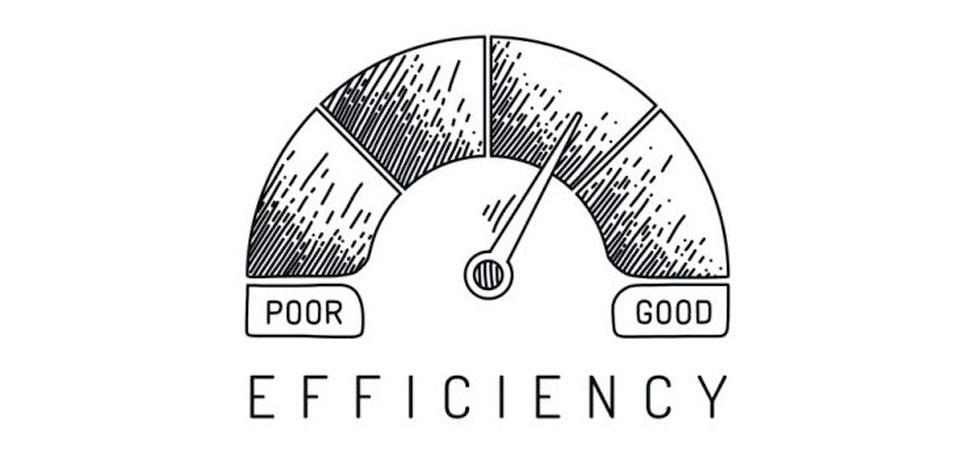Michael Knapp is the CEO and founder of Green River, a software design and development firm that has worked extensively with local governments. He is passionate about social justice, and his firm’s most prominent recent project has involved working with cities to end homelessness. We spoke with him about his experiences with the government procurement process and the value of persistence.
How did you first start working with government? Why did engaging in the procurement process interest Green River at all?
From the start of Green River in 2000, a certain percentage of our work has always come from government because of mission alignment. We want to work on the things we care about. To be honest, the whole procurement process and responding to the RFPs— from a business perspective, isn’t a good investment of our time. But while money is fuel that drives the engine, it should not be the purpose of work. I want my government to hire people who are driven to use their skills to help citizens.
How can government find those types of mission-driven people through the procurement process? What needs to change?
First, I think it’s appropriate to consider a vendor’s demonstrated commitment to the issue that the agency is trying to solve. That should be selection criteria number one. But then, the way that RFPs are written needs to be reframed. They need to be more like what I see coming out of corporate America— where the problem is well-defined, but the solution is left blank. Let the vendors come back and tell you how to solve it. That changes everything.
It’s understandable why procurement is overly complicated. In procurement, risk aversion is a driving force. RFPs are 130 pages of specifications up front, as if that’s the right way to avoid risk. But if you try to procure without risk, in the end, you’re more likely to fail. Governments live and breathe by their rules, and that’s ok. It’s a matter of knowing what the rules are, complying with them, but not allowing them to create absurdity.
Outside of government, what is it that the public doesn’t know about government contracting?
The public blames vendors for the failure of government software projects. There’s a perception that the products are not of the quality that the public expects. There’s validity to that, but it’s also sometimes a misunderstanding of the situation. I think the best way to explain this is the Blair Witch Project. It was a $60,000 movie that grossed over 250 million— that made it as big as many Hollywood blockbusters. But that’s rare, and it’s really hard to do. It’s difficult to compare to what Google can produce with $17 million to what a small city can accomplish with $100,000. The vision and the ambition can outstrip the budget, and that’s tough. So I think those comparisons can be a little unfair.
Do the vendors also need a mindset shift?
From the vendor perspective, there’s sometimes a sense that it’s a rigged game. There’s an idea that there are the folks on the inside track who play the game, and everyone else doesn’t bother. If you are a large enough entity to bid vendor contracts, you do it all the time, and you do it really well— procurement is your thing, and no one else’s. Everyone else is too frustrated to try.
What’s your advice for those who think they’re on the outside track, especially for small firms like yours?
Don’t give up, and I mean that. Wear them down with your enthusiasm. It won’t always work, but it will work often enough to make it worthwhile. In the end, we’re talking about changing the government for the better. That’s not easy, but it can be done. People in government are trying to do the very best they can, and it’s a pleasure to work with them. Keep that in mind and persist.
Take for example our work on data integration to serve the homeless population in Boston. They put out an RFP to integrate their data systems for tracking homelessness and coordinate access to social services. When this project was first announced, someone heard about it on WBUR and called me. On Monday, I came into the office determined to respond to this RFP by the deadline in five days. We were scrambling to write it, and we realized on Friday morning that the deadline wasn’t at 5pm, but at noon. So at 11:59:40, we start to upload it. And at noon, it got rejected by the system because it hadn’t fully uploaded by the deadline.
Within twenty seconds, I called the City department running this project, but they said “sorry, but you didn’t make the deadline.” I wasn’t ok with that. If you don’t read a proposal because your system rejected it while it was uploading, then clearly you’re not serious enough about ending homelessness! I would not take no for an answer. It just didn’t seem right.
So I called any government number I could find. I called the mayor’s office. I called 311. I tried everything. Everyone in my company was rolling their eyes, like “there goes Mike!” But you have to wear out a government with your willingness to help them, and the sincerity to do it well. Eventually we were selected to build that project, and our work with governments on homelessness has since spread across the country— to other cities in Massachusetts, to Virginia, St. Louis, and San Diego. If I had walked away, that would never have happened.
